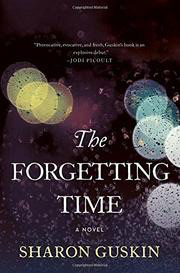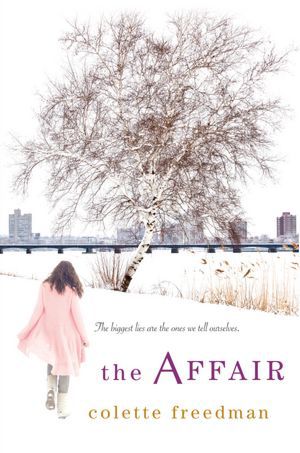
by Sean Martin
I’m frequently asked on Instagram how I write poetry, what’s my technique or creative process and could I offer any tips. I thought it would be easier to therefore compile all the advice I’ve ever given and condense it into a neat little guide for anyone who wants to improve as a poet or is simply interested in getting started with writing poetry.
Poetry is often viewed as a pretentious relic of the past that holds no value in the modern world. As technology advances and we drift further away from the root of our language, we find it more difficult to be creative and many people don’t see poetry as a creative form of expression anymore, not a relevant one anyway.
In essence, poetry is playing with language with much more freedom, playing with language, stretching and morphing it into something new. Language is malleable when writing poetry, there are no rules.
So don’t be afraid to share your poetry, to explore language and be more creative. Write for your own enjoyment and don’t be concerned too much with what ithers fail to understand about your art form. My blog is a great place to share your poetry and gain feedback from myself and other young writers.
Here are my 5 tips to writing better poetry:
1) Get inspired
First and foremost before you can write anything you need to be inspired. Feel like you genuinely want to create something amazing. Inspiration hides in many places, you just have to know where to find it.
A great starting point is reading poetry of course. Reading a wide range of genres, both traditional and contemporary poetry will provide endless inspiration for you own work.
Inspiration can also come from other creative content such as movies, songs, novels and even the serenity of a calm walk in nature can be translated into your writing.
2) Be original
In our post-modern world originality is a rare find and can’t exactly be forced, but by simply being yourself and using your own voice in your writing, your poetry will be original. Having a varied pallete of influences will aslo help, after all you and your creative endeavours are only an almagamation of everything you’ve ever experienced. Be careful not to become sucked into the void of trending #poetry on social media that so very often is too identical – I’m tired of reading about heartbreak all the time!
Take time to produce something genuine and not just something that looks and sounds pretty, and you’ll be alright.
3) Practise different forms
Take some time to learn about the many different forms of poems such as haikus, ballads, free verse and limericks to find what works best for you. A lot of modern poetry tends to be free verse and is a great form to get started with. Each form lends something different to your work and practicing as many as you can will no doubt improve your poetry.
4) Develop a good creative process
The question I get asked the most is how do I actually write? This process is different for every writer but generally begins with an organic flow of ideas. Just get your thoughts on to the page until your mind runs dry. Get rid of any expectations of it looking like a ‘poem’. It won’t be a masterpiece initially but will definitely contain some great ideas, words or phrases you can use. Then after that the process is a refining of sentences, choosing the right words, writing and re-writing again and again until you’re happy with it.
Finding a nice quiet spot to write is also helpful, as well as making sure you aren’t susceptible to distractions. Just remember when writing that no writer creates a masterpiece straight away, it always takes a lot of refining and redrafting.
5) Be resilient
My final and most crucial advice is to not give up. When writing anything, 90% of what finds it’s way onto the page will be completely useless and you may be too embarrassed to even share it. However, if you don’t allow yourself the space to grow and understand that you will create bad content at some point then you’ll never improve as a poet. Trust me, you will get better if you keep at it, it’s inevitable. No one has ever gotten worse from practicing. And who knows, if you keep at it maybe you’ll be a master of your craft one day and you’ll be the one giving advice.
Guest post contributed by Sean Martin. If you like this blog post and would like to read more on how to improve as a writer or share your work with others, consider visiting his blog over at www.in-bloom-blog.co.uk.
Advertisements Share this:




